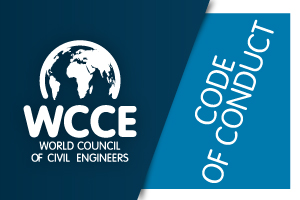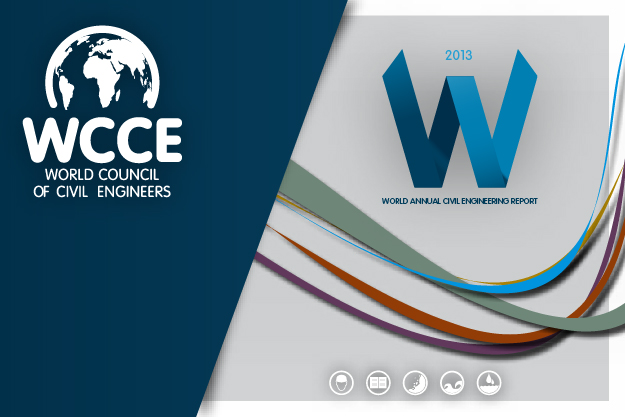The UK's recent passage into statute of its Anti-Bribery Act 2011 will challenge most organisations to put in place what might be considered appropriate mechanisms to guard against the risk of a member of staff bribing a third party. This new law is designed to do much more than deal with large scale, multi-million dollar bribes - it is also designed to eliminate much lower level bribery and it affects corporate hospitality, gift-giving and 'facilitation payments.' While large enterprises may be able to afford extensive legal advice to put appropriate safeguards in place, this cost is likely to be beyond the reach of many smaller organisations, in the public, private and third sectors.
For these organisations, the guidance provided by a documented British Standard, and the opportunity to put in place a Anti-Bribery Management System that follows the established principles and structure of ISO9001 and many other related management systems, will significantly simplify the process of compliance.
This page will carry information about the development of relevant documentation toolkits, employee training and awareness and other products which will help organisations meet their compliance obligations.
Working with BSI British Standards, GIACC has co-ordinated four pilot studies to identify whether BS 10500 works in practice. The pilot studies were undertaken on a sample of different size companies from different sectors to ensure that BS 10500 was suitable and adaptable.
The pilots were undertaken on:
- Balfour Beatty – Construction and engineering – 55,000 employees in 100 countries
- Mabey Bridge – Steel bridge manufacturer – 550 employees – exporting to over 60 countries
- Collinson Hall – property sales and management agent – 25 employees – UK only
- Myers la Roche – optical consultant – 15 employees – 7 countries.








